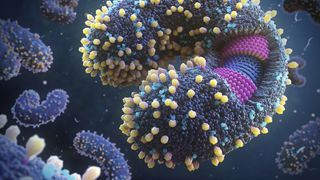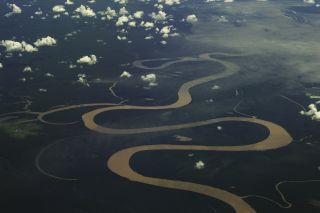Ocean
Latest about Rivers & Oceans
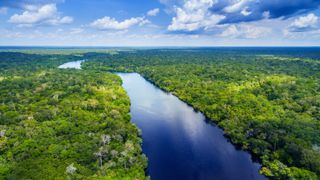
Why are there no bridges over the Amazon River?
By Joe Phelan last updated
Due to a number of technical and logistical difficulties, as well as meandering through sparsely populated areas, there is no pressing need to build a bridge on the Amazon River.
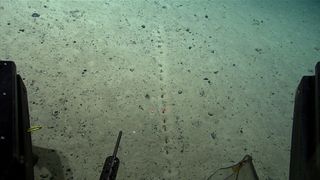
Strange 'alien' holes discovered on the ocean floor
By Ben Turner last updated
The holes form a straight line and appear at regularly repeating distances, and they are surrounded by tiny mounds of sediment.
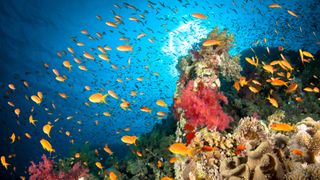
Is the Red Sea really red?
By Tom Garlinghouse last updated
The Red Sea takes its name from periodic blooms of a blue-green algae called Trichodesmium erythraeum, which turn the normally vivid blue waters a reddish-brown.
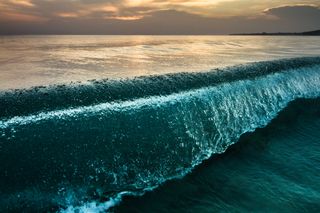
Why can't we drink saltwater?
By John Loeffler last updated
More than 70% of our little blue planet is covered by water, but we can only drink a tiny fraction of it. Why can't we drink saltwater when it is all around us?

Why do seashells sound like the ocean?
By Joe Phelan published
A seashell held to your ear may sound like the ocean, but so does cupping your hand or holding a bowl at the same spot. Here's why.
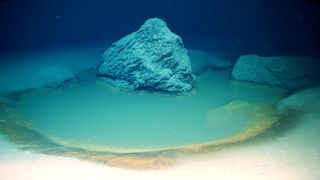
'Unlucky' creatures that enter rare Red Sea brine pools are immediately stunned to death
By Charles Q. Choi published
Scientists recently discovered rare brine pools — dense, salty depressions — at the bottom of the Red Sea, where microbes thrive under extreme conditions.
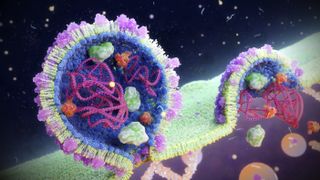
Scientists discover viruses that secretly rule the world's oceans
By Nicoletta Lanese published
RNA viruses may influence the flow of carbon through the ocean.

The world's biggest clone is a 77-square-mile 'immortal' meadow of seagrass
By Harry Baker published
Researchers have discovered that 4,500-year-old seagrass meadows in Shark Bay, Western Australia, are actually the world's largest clone.
Sign up for the Live Science daily newsletter now
Get the world’s most fascinating discoveries delivered straight to your inbox.
